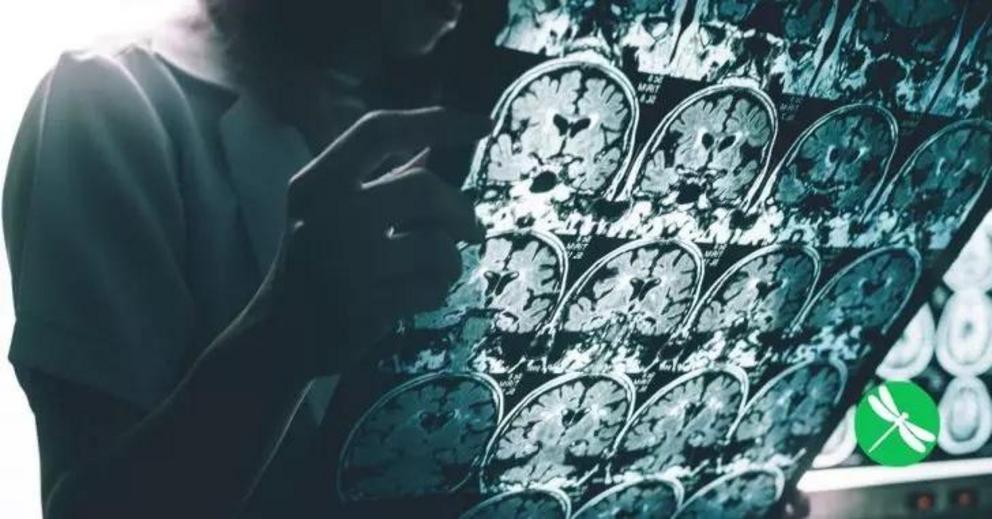Dementia and Alzheimer’s patients could see cognitive improvement from shining a light directly into the brain
Ask someone what the scariest thing about growing old is, and you’ll get a wide array of answers. Memory loss, growing more feeble, and, eventually, the inability to handle one’s own activities of daily living are probably high on a lot of people’s lists.
Dementia, and eventually Alzheimer’s, are such scary propositions for us because the idea of losing our faculties is almost unfathomable. The idea that we could ever forget our own children, or that we could lose cherished memories to our own failing brains seems like the cruelest kind of joke there is.
The prospect of growing older in and of itself already carries a lot of unknown, and thus a lot of fear. What will happen to us when our body transitions from this life? When that body begins the transition before life has come to an end, it’s a different ball of wax entirely. Anyone who has experienced it, wouldn’t wish it on their worst enemy. That’s why a new breakthrough in light technology and Alzheimer’s research is getting a lot of hopeful attention. (1) The early results have been – quite literally – a ray of light.
Alzheimer’s Affects Nearly Six Million In the US
A disease that affects aging brains, Alzheimer’s has no known cure at this time. This is a scary proposition for anyone, particularly the 6 million in the US and the 850,000 British citizens who are affected. (1) What makes it so scary is the fact that to some degree we can all be a little forgetful. We forget where we put our car keys or lose our glasses that are right on top of our heads. As the years tick by, we walk into the kitchen and forget why we did, but even that is jokingly brushed off as a “senior moment”. But for some of us, the progression continues long past those cute senior moments. The fear sets in when the line blurs. What can be attributed to simple human forgetfulness versus what is something to be really concerned about?
What is just a simple “oopsie”, and what is a valuable piece of information, irretrievably lost?
A Light At The End Of The Tunnel
That’s what is so encouraging about the Neuro RX Gamma headset that’s currently being tested: it might not be irretrievably lost. Early results from the device, developed by Canadian biotech firm Vielight, are incredibly encouraging. Memories, reading, and writing skills restored – in just three months. (2, 3) The results are really early and from a small sample size, so a lot more testing needs to be done. But researchers are saying light therapy ‘might be a desirable intervention to improve cognitive impairment, and could potentially improve the cognitive function of patients with dementia and Alzheimer’s disease.’ (2) This is astonishing, exciting, and oh-so heartening for anyone facing dementia and Alzheimer’s.
Maybe, there’s finally a warm, healing light on the horizon.
Gamma Waves and Shiny Mitochondria For The Win
The experimental light treatment takes just 20 minutes per day. It involves wearing an LED headset and a nasal clip that sends light up the nostril and into the brain.
In a process called ‘photobiomodulation’, the nasal light is said to boost mitochondrial function. Mitochondria are something of a “fountain of youth for cells”. They scrub away the protein accumulation in our brains that dull our faculties over time.
The headset itself is mounted with a series of LEDs that pulse gamma waves into the subject’s hippocampus, the region of the brain that is responsible for memory.
It looks like the coupling of these two therapies may offer a lot of promise to millions of current Alzheimer’s patients around the globe, and hope for a future without this scary prospect of “normal aging” on the horizon. (1) To reiterate, it’s important to note that a lot more study is needed before anyone can say they have a cure or potential cure for dementia or Alzheimer’s disease.
For full references please use source link below.

